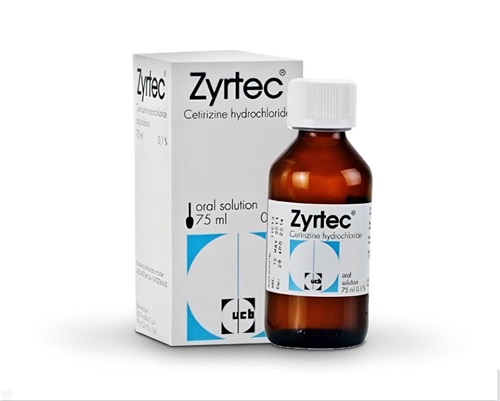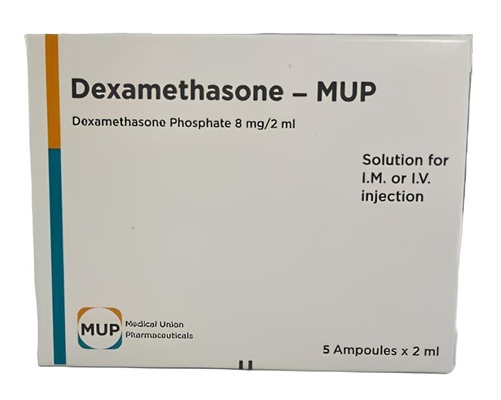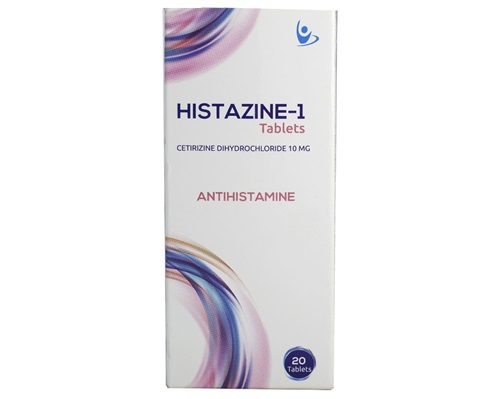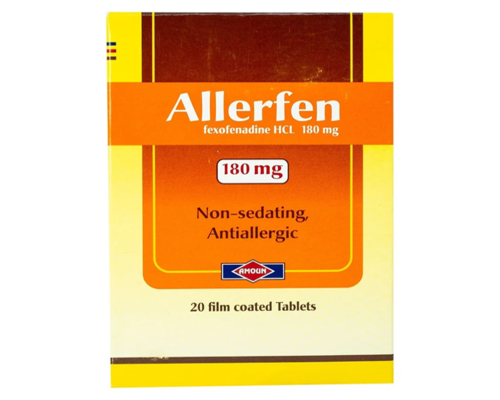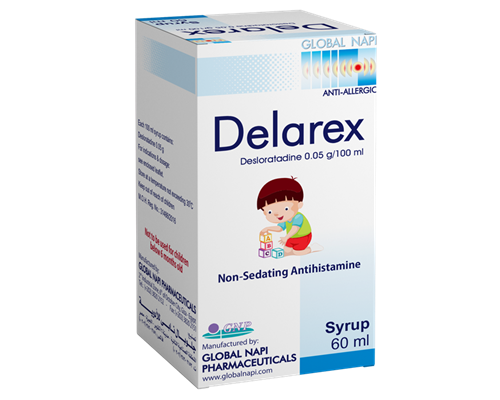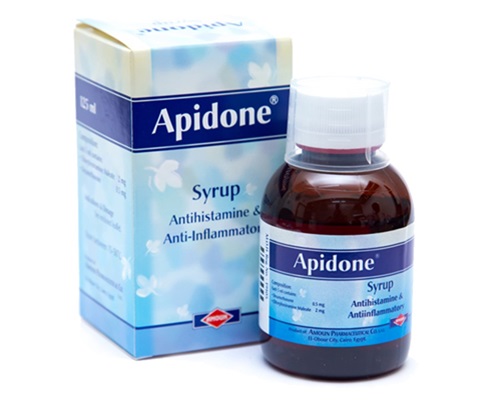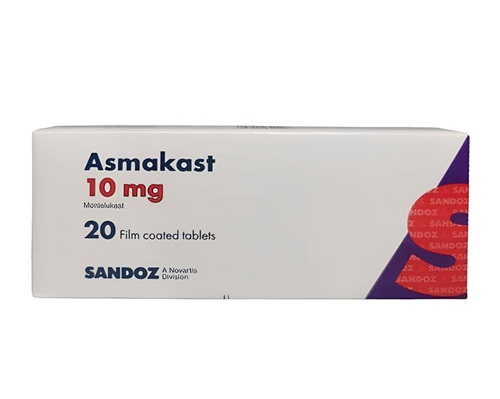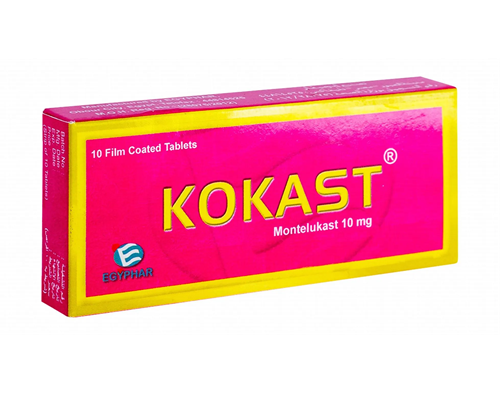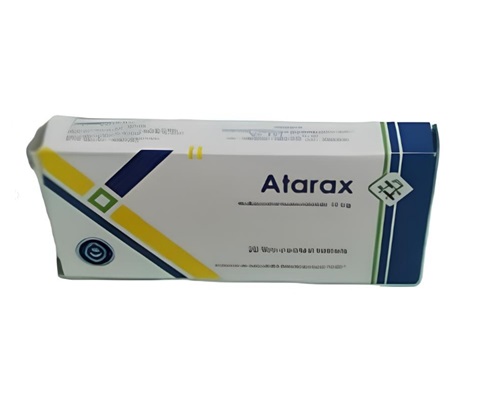Description
Tradename:
Zyrtec
Compound:
Each 1 ml (20 drops) of solution contains:
Cetirizine dihydrochloride 10 mg.
Auxiliary components:
Acetic acid, methyl parahydroxybenzoate, sodium acetate, sodium saccharin, propylene glycol, propyl parahydroxybenzoate, purified water.
Properties:
Cetirizine dihydrochloride is a histamine antagonist, a metabolite of hydroxyzine, and blocks H1-histamine receptors. Prevents the development and facilitates the course of allergic reactions, has antipruritic and antiexudative effects. Reduces capillary permeability, prevents the development of tissue edema, relieves spasm of smooth muscles. In therapeutic doses it practically does not cause a sedative effect.
Indications:
For the relief of nasal and ocular symptoms of seasonal and perennial allergic rhinitis. For the treatment of symptoms of chronic idiopathic urticaria.
Directions for use and dosage:
Children aged 2 to 6 years: 5 mg (5 drops morning and evening).
Children aged 6 to 12 years: 10 mg once daily (20 drops).
Adults and adolescents over 12 years of age: 10 mg (20 drops) 1 time per day.
Contraindications:
Children under 2 years of age;
Hypersensitivity to the active substance, any of the other components in the composition, to hydroxyzine or any piperazine derivatives.
Severe renal failure.
Pregnancy and lactation.
Precautionary measures:
Caution should be exercised in patients with predisposing factors for urinary retention (eg, spinal cord injury, prostatic hyperplasia) as cetirizine may increase the risk of urinary retention. Caution is recommended in patients with epilepsy and in patients at risk of seizures.
Side effects:
Minor effects on the central nervous system – drowsiness, dizziness, headache, fatigue;
Difficulty urinating, dry mouth, abdominal pain, nausea, diarrhea, increased appetite.
Storage method:
Store at a temperature not exceeding 30 degrees.
Package:
The cardboard box contains a 10 ml bottle and paper instructions.

